Lloyd Crawford: Rural wood heating bolsters rural economy, self-reliance
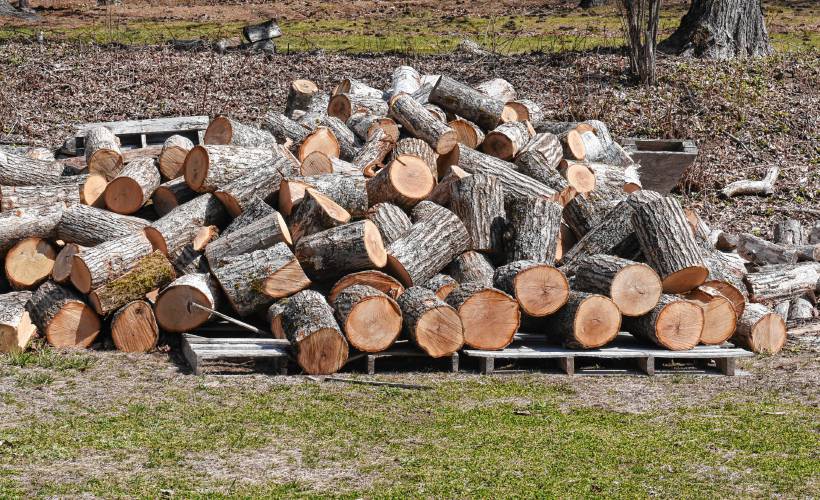
A pile of fire wood waiting to be split. STAFF FILE PHOTO/PAUL FRANZ
|
Published: 04-10-2024 3:41 PM
Modified: 04-10-2024 7:04 PM |
In response to Katy Eiseman’s column [“Must stop subsidizing wood-fired energy,” Recorder, April 5], I’d agree that wood burning indeed releases toxic compounds that are harmful to human health. I also believe that widespread burning of wood to generate electricity is not sustainable and shouldn’t be encouraged.
Increasingly, though, all types of biomass fuel consumption are being lumped together from a policy standpoint. Wood is a niche fuel and is perhaps suited only for use as a heating fuel in sparsely populated areas.
Let’s not lose sight of the fact that people have been warming themselves in northern climates by burning wood since the dawn of civilization. Today’s wood burning devices are the cleanest, most efficient in the history of our species.
While wood burning generates more CO2 relative to burning fossil fuels, when trees die and decompose naturally, all that carbon returns naturally to the atmosphere as CO2. Carbon embodied in unburnt fossil fuel that wood heat replaces remains safely sequestered underground. Given the impacts on forest health from climate change and exotic pests and diseases, counting on local forests to sequester carbon over any length of time is a dubious proposition.
A piece of firewood is essentially a battery that stores summer solar energy for winter use. Technology to do the same currently does not exist.
Rural wood heating bolsters the rural economy and self-reliance. I give thanks for a supply chain so short that I can see both ends of it looking out the window from my kitchen table.
Maybe we shouldn’t incentivize the use of wood for energy. Maybe, also, tax dollars from rural Environmental Justice Communities should be diverted from subsidizing energy sources that don’t make sense for them to solving other pressing needs unique to these communities.
Lloyd Crawford
Article continues after...
Yesterday's Most Read Articles
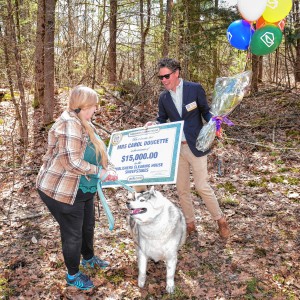 Carol Doucette of Royalston receives $15,000 from Publishers Clearing House
Carol Doucette of Royalston receives $15,000 from Publishers Clearing House
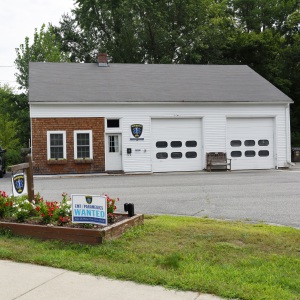 State documents show Northfield EMS chief’s paramedic license suspended over failure to transport infant
State documents show Northfield EMS chief’s paramedic license suspended over failure to transport infant
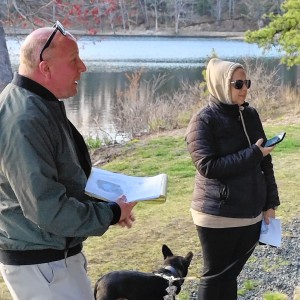 Plan calls for upgrades to Silver Lake in Athol
Plan calls for upgrades to Silver Lake in Athol
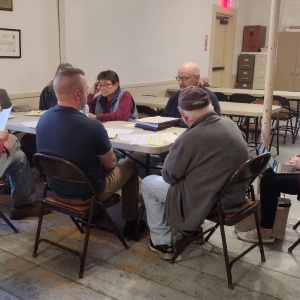 Royalston’s FinCom debates proposed salary increases
Royalston’s FinCom debates proposed salary increases
 What are the protocols for emergency transport of infants?
What are the protocols for emergency transport of infants?
 Magic comes to Red Apple in Phillipston
Magic comes to Red Apple in Phillipston
Hawley

